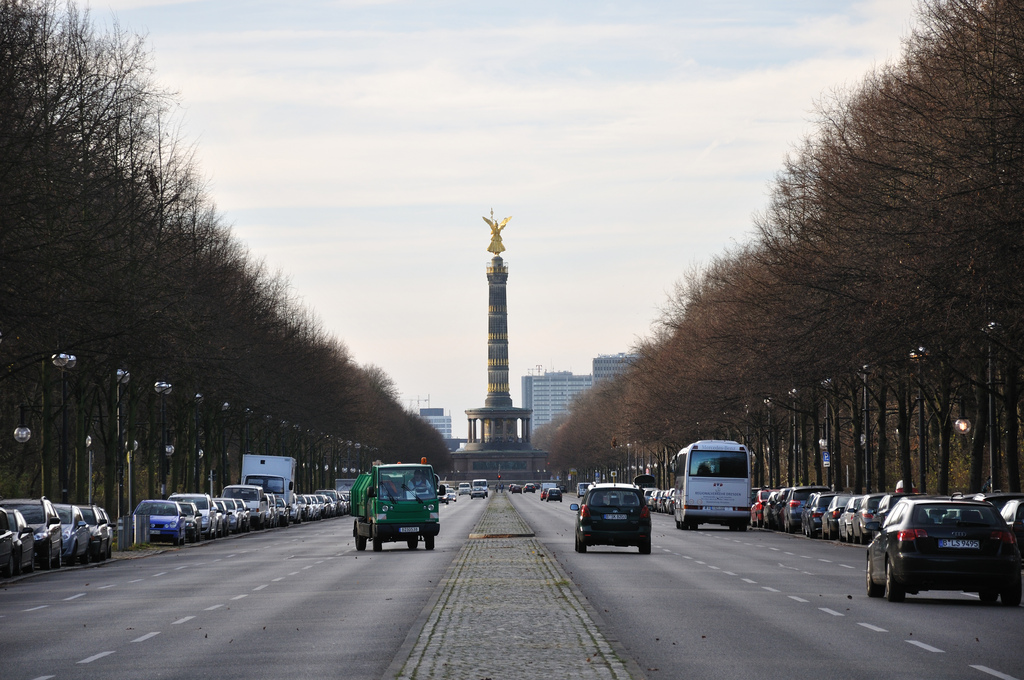German car production declined to its lowest in nearly a quarter of a century as Europe’s largest economy continues to have a hard time from the fallout of a worldwide trade war.
Automakers including Volkswagen AG, BMW AG, and Daimler AG produced 4.66 million vehicles in German factories in 2019, the weakest since 1996. The country’s VDA car lobby, which posted the statistics on Monday, stated the 9% decline was a result of waning demand from worldwide markets.
The industry is set for more tough times in 2020. The VDA predicted worldwide car deliveries will decline to 78.9 million vehicles from 80.1 million in the last year.
Germany’s status as a worldwide manufacturing powerhouse has been constructed on the automaking industry, but pollution concerns — escalated by Volkswagen’s 2015 emissions scandal — trade conflicts, and sluggish economies have all weighed on demand. Daimler, Volkswagen and parts supplier Continental AG are cutting jobs to cut costs.
Now the industry has to invest billions of euros to develop cleaner automobiles, self-driving features and battle the emergence of ride-sharing services like Uber Technologies Inc., which has a market value the same as the Daimler.
Germany is generally exposed to regulatory demands for cleaner vehicles because brands like the BMW, Porsche, and Audi focus on power and performance. That prods the nation’s automakers to find out unusual projects.
At the CES electronics show in Las Vegas, Daimler’s Mercedes-Benz unveiled a concept car inspired by the film Avatar. The electric-powered vehicle includes lateral crab-like movement and biometric controls to allow “human and machine to merge”.
Germany’s domestic autos market increased 5% last year after buyers registered 3.6 million new cars, the VDA stated, the most since 2009. However, the industry body has stated the market is likely to contract this year and has predicted that job cuts will speed up amid the transition to electric cars, which need fewer parts and less labor to assemble.
The country has beaten Norway to become Europe’s biggest electric-vehicle market after selling 63,281 e-cars last year.


